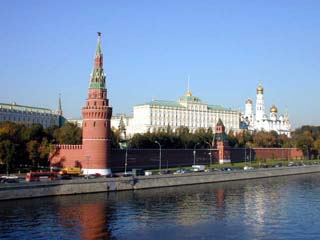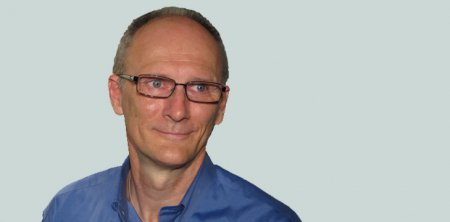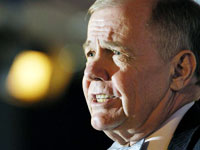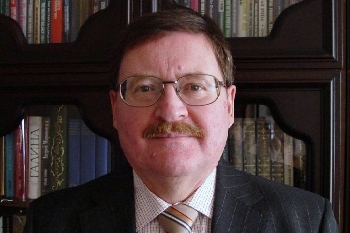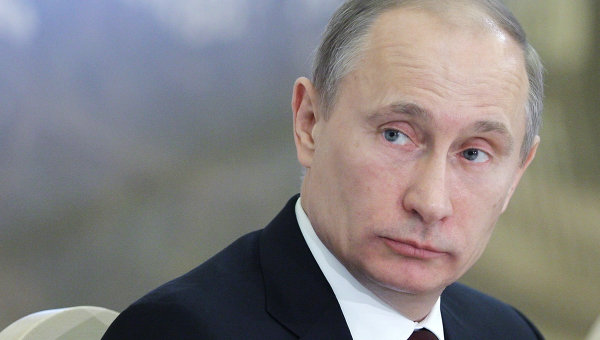
 President
Putin has completed forming a "big government," according to a report
by Minchenko Consulting. Putin plays the role of moderator who maintains a
balance between representatives of elite clans and distributes spheres of
influence. Experts compare the new inner circle to the Soviet Politburo.
President
Putin has completed forming a "big government," according to a report
by Minchenko Consulting. Putin plays the role of moderator who maintains a
balance between representatives of elite clans and distributes spheres of
influence. Experts compare the new inner circle to the Soviet Politburo.
They say that Vladimir Putin has created a model in which the
president personally controls the executive branch, through various measures
such as the establishment of the Presidential Administration under the control
of Putin's former ministers who "compete with government ministries and
departments."
While seeking to become a major player in the fuel and energy complex, Rosneft
head Igor Sechin still informally influences the security forces. Experts say
that businessmen Gennady Timchenko and Yuri Kovalchuk have also joined the
ranks of the decision makers.
The "politburo" includes Russian Technologies CEO Sergei Chemezov,
Moscow Mayor Sergei Sobyanin, and head of the Presidential Administration
Sergei Ivanov. Political management has been passed on from Vladislav Surkov to
"a newcomer," deputy head of the Presidential Administration
Vyacheslav Volodin.
The "political" block includes Patriarch Kirill, leaders of the
parliamentary parties and Mikhail Prokhorov. Moreover, the government could
concede several regions to the opposition in 2012-2013 in order to be able to
criticize their managerial skills. Regional leaders named as future candidates
for the politburo include Georgy Poltavchenko (St. Petersburg), Sergei Shoigu
(Moscow Region), Rustam Minnikhanov (Tatarstan), and Ramzan Kadyrov (Chechnya)
in his capacity as a "clear leadership candidate in the North Caucasus."
The most influential politburo members are Alexei Kudrin, who is maintaining
personal contact with Vladimir Putin, Alexander Voloshin as a representative of
the Old Family group and Arkady Rotenberg, who is in the president's business
circle. Security Council Secretary Nikolai Patrushev, who represents the
"Standby Power Unit," and businessman Roman Abramovich are also said
to be part of this group.
"There is now a model of governance that is really unworkable without
Putin himself, structured according to the intersection of interests and
powers, so that everybody is in the clinch, with an ultimate referee making the
decisions," said Yevgeny Minchenko.
"Competition can reduce the potential for influence of each of the
groups," said Kirill Petrov. Serving as an illustration of this process is
new blood such as presidential aide Yevgeny Shkolov or the new Interior
Minister Vladimir Kolokoltsev, who "engages" with Vladimir Putin
personally, and not Security Council Secretary Nikolai Patrushev's group.
The ruling elite have faced new challenges since 2010. Minchenko said that in
the early 2000s, these included redistribution of assets through state control.
Now it is redistribution of wealth through "a new stage of
privatization," which will legalize the transfer of property by
inheritance. Experts say this is a top priority in order to create a
"closed ruling corporation," and new projects such as Greater Moscow
and the development of Siberia and the Far East have been established in order
to "create incentives for redistribution in favor of the successful and
distinguished members of the coalition."
Maxim Ivanov


